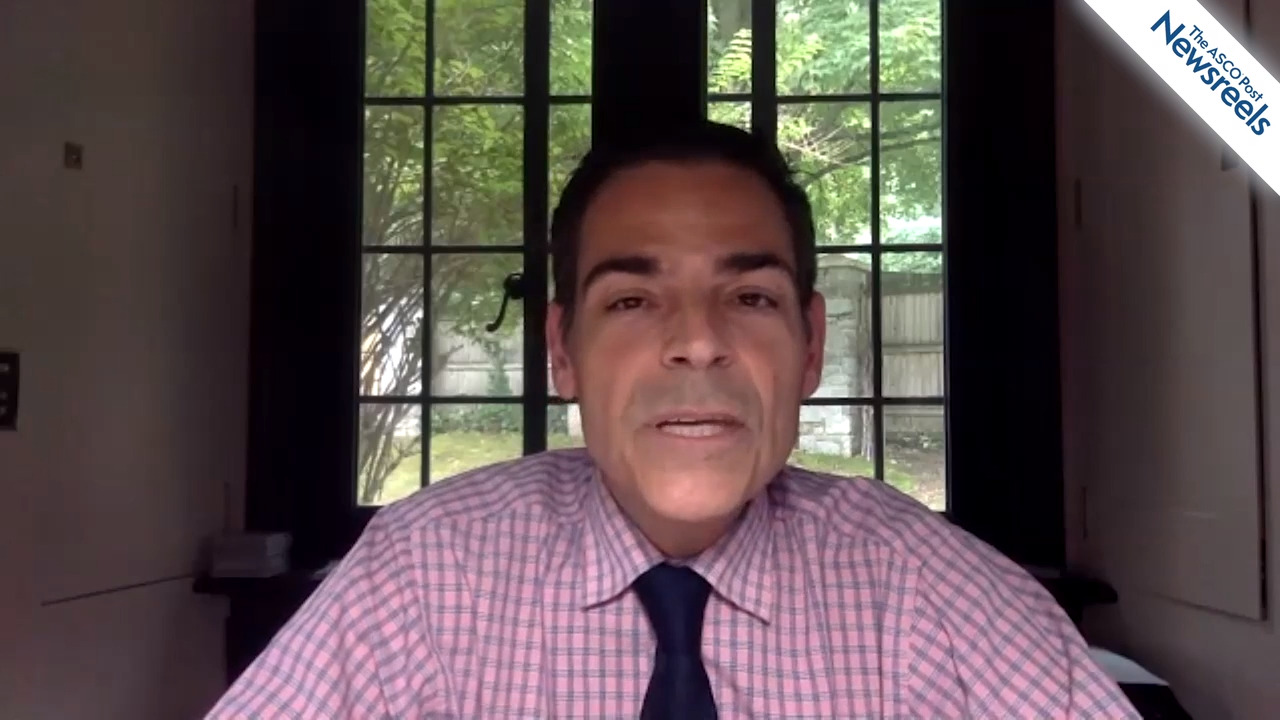Robert A. Winn, MD, on the Impact of COVID-19 on Cancer Care Among Racial and Ethnic Minorities
AACR Virtual Annual Meeting 2020 II
Robert A. Winn, MD, of Virginia Commonwealth University and the Massey Cancer Center, discusses the COVID-19 pandemic and how it is exacerbating disparities in cancer care among racial and ethnic minorities and the medically underserved who are disproportionately affected by the coronavirus (Session VSS06).
The ASCO Post Staff
Silvia Formenti, MD, of Weill Cornell Medical College, discusses her continuing work, and the promising results emerging, in combining radiotherapy with immunotherapy to boost abscopal response rates. This combination therapy extends the use of radiotherapy to promote antitumor T-cell responses for both local and metastatic disease (Session ED37).
The ASCO Post Staff
Xavier Llor, MD, PhD, of Yale University School of Medicine, discusses the steep rise of early-onset colorectal cancer over the past 15 years, which cannot be explained by genetic predisposition but may be prompted by environmental factors (Session ED35).
The ASCO Post Staff
Kala Visvanathan, MD, of Johns Hopkins Bloomberg School of Public Health, discusses her analysis of data from more than 10,000 women with ovarian cancer. The results suggest that atorvastatin and simvastatin, lipophilic statin cholesterol-lowering drugs, reduced ovarian cancer death rates (Abstract 5782).
The ASCO Post Staff
Ralph R. Weichselbaum, MD, of the University of Chicago Cancer Research Center, explores the question of whether radiotherapy is the principal curative treatment with immunotherapy or activates immunotherapy. He also discussed how to improve the interaction of these treatments, perhaps with vaccination, transfer of genetically engineered T cells, or checkpoint inhibitors (Session ED37).
The ASCO Post Staff
Elizabeth H. Stover, MD, PhD, of Dana-Farber Cancer Institute, discusses an analysis of genomic alterations in patients with relapsed ovarian cancer who were treated with nivolumab plus bevacizumab in a phase II clinical trial. The study was conducted to identify potential biomarkers of response (Abstract 1048).





